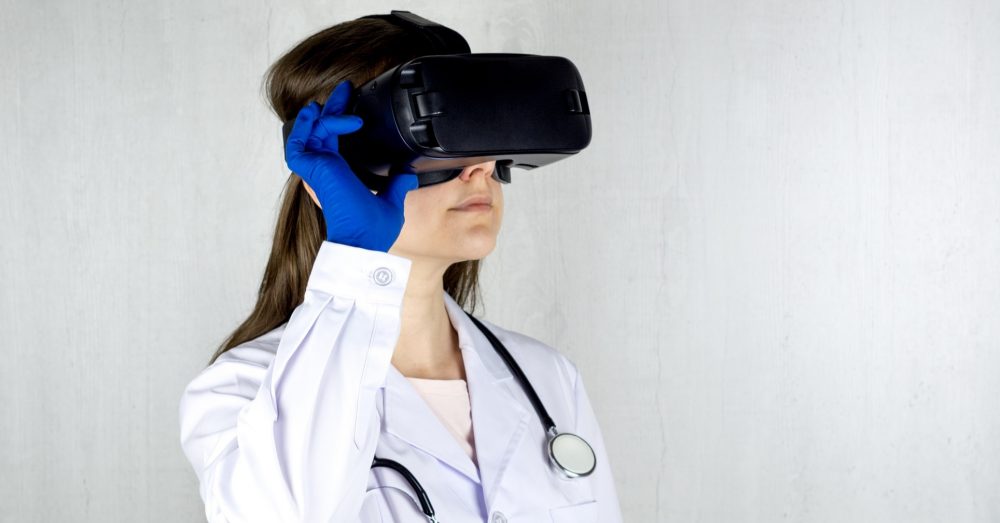 Maxwell Cooper is a senior lecturer in primary care at Brighton and Sussex Medical School. He is a part-time GP at Beaconsfield medical practice, Brighton.
Maxwell Cooper is a senior lecturer in primary care at Brighton and Sussex Medical School. He is a part-time GP at Beaconsfield medical practice, Brighton.
The health consequences of months spent seated indoors are deeply concerning. Home working, school closures and bad weather have made lockdown particularly challenging for children. This is likely to worsen the obesity epidemic, especially among children of lower socioeconomic status and those from ethnic minority communities.1 At a time when even “physical exercise” classes and work experience can be undertaken at a screen, there must be enduring changes in levels of physical activity. The consequences of reduced physical and social activity will end up at the door of the GP surgery.
The educational consequences of home schooling may also impact general practice. State school children (like my own) have been particularly affected. A divergence between state and private school exam performance could affect medical school intake and future choice of GP as a career. Disadvantaged pupils are already less likely to apply to medicine and trainees from private schools more likely to shun general practice as a career.2 A faint hope is that state school pupils’ experience of learning from pre-recorded teaching may inculcate key skills around motivation and self-study.
General practice consultations have changed radically.
General practice consultations have changed radically. On day one of lockdown my tweed jacket was replaced with surgical scrubs. The latter seem to come in any but the correct size and sometimes (thanks to the creative needlework of patients who deposited scrubs anonymously outside the surgery door) in technicolour. Thus attired (see author photo), conversations with colleagues have been driven into corridors or arctic rooms with wide open windows. Competition for phone lines feels like a call centre. While recourse to digital clinical images from patients has soared, surprisingly, video consultation is rare. Remote consultation increasingly feels high risk, for both the patient and the doctor. This is especially so where we do not already know the patient or their problem. My saddest moment of lockdown was watching online the funeral of a young African friend whose death was associated with the limitations of telephone consultation. The risks of remote consultations may fall particularly heavily on vulnerable members of our society.
Remote consultation increasingly feels high risk, for both the patient and the doctor.
References
1. Patterson, R, Sornalingam, S and Cooper M. Consequences of covid-19 on the childhood obesity epidemic BMJ 2021; 373 doi: https://doi.org/10.1136/bmj.n953
2. Moberley, T. Five facts about privilege and medicine in the UK BMJ 2016; 352 doi: https://doi.org/10.1136/bmj.i632
3. Salisbury, H. Will additional roles save general practice? BMJ 2021; 373 doi: https://doi.org/10.1136/bmj.n946
4. Cooper, M. Vaccination and memory: a perspective from Brighton. BJGPLife 1 April 2021 [available from https://bjgplife.com/2021/04/01/vaccination-and-memory-a-perspective-from-brighton]
Featured photo by Bermix studio on Unsplash






